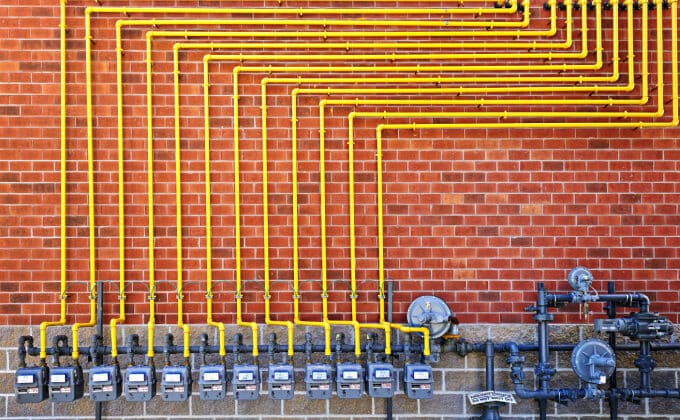
Knowledge Center
We believe that sharing our expertise and collaborations in clean energy policy is how real, effective change happens.
From reports and policy briefs, to webinars and podcasts—RAP advisors have built an extensive collection of resources providing in-depth analysis and practical solutions to today’s energy challenges.
Filter >>
Content Filter:
In der kommende Jahren soll Deutschland seine Abhängigkeit von fossilem Gas stark reduzieren. Damit einher geht zwangsläufig ein schrittweiser Rückbau der Gasnetze, da sich diese ohne signifikante Belastungen der Verbraucher nicht mehr wirtschaftlich betreiben lassen. In einer Studie hat… View Summary +
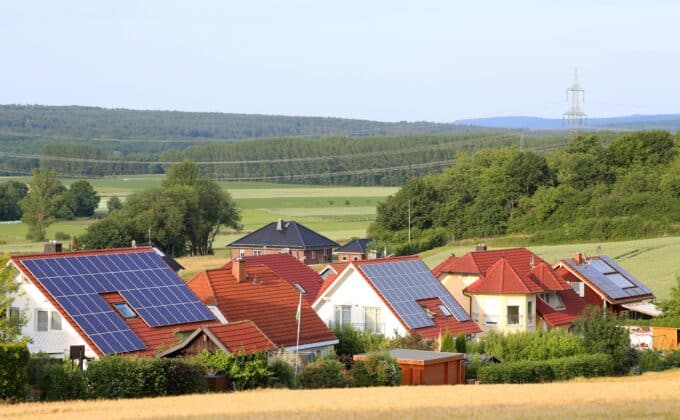
Growing demand for electricity in buildings is creating new opportunities and challenges for electric and natural gas planning. Planning processes for the electric and gas systems are largely separate, and only a few jurisdictions have started to examine how they… View Summary +

Industrial energy use — including for heat in industrial processes — is a significant source of carbon emissions in Europe, accounting for 20% of the region’s greenhouse gas emissions. To meet climate and renewable energy goals, industrial decarbonisation needs to… View Summary +
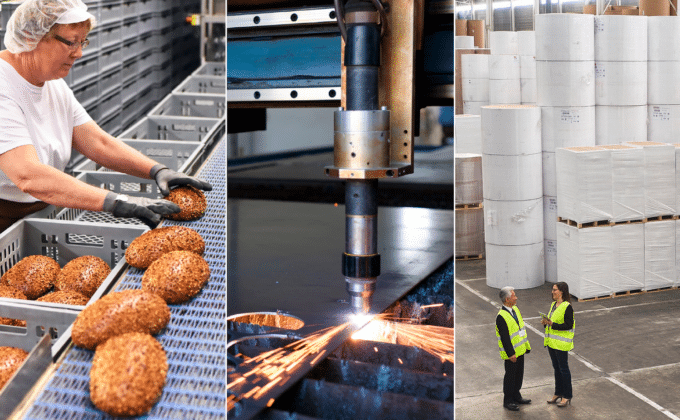
Equipment emissions standards are a critical policy option that states can use to improve air quality and achieve climate goals equitably and affordably. Emissions standards are feasible and effective ways to tackle a major source of building pollution at the time of… View Summary +

Reducing emissions in Europe’s buildings necessitates replacing fossil fuel boilers with greener alternatives. Hybrid heat pumps have been considered by some to be an interim step between fossil fuel and electric heating. ‘Hybrid heat pump’ is a term which is… View Summary +
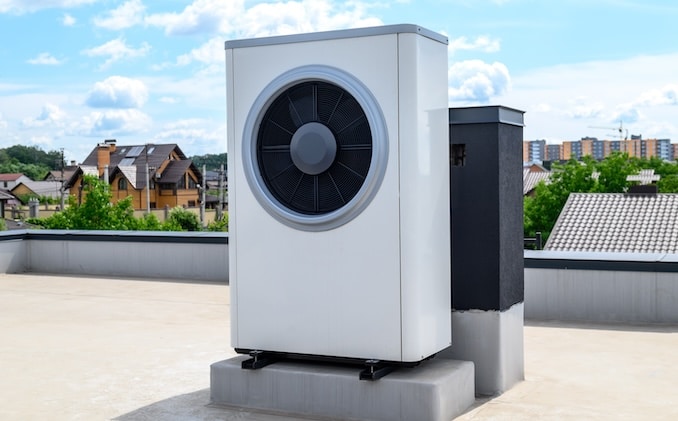
Spain is a geographically diverse country, with climate zones to match: the hot, dry southern coast gives way to cool, snowy mountain ranges in the north. The sun, a valuable renewable energy resource, is an almost constant presence throughout the… View Summary +

Policymakers across the globe are searching for solutions to reduce the use of fossil fuels and their associated climate impacts. Attention has focused on the heating sector, which relies heavily on fossil fuels and was responsible for almost 40% of… View Summary +

For the kind attention of: The Chief Engineer (DP&T) 6th Floor, Central Electricity Authority (CEA), Sewa Bhawan, R.K. Puram, New Delhi-110066 31 March 2024 Background: We want to thank the Central Electricity Authority (CEA) for this opportunity to comment on… View Summary +

Slovakia’s climate plans call for decarbonising buildings, shifting to clean technologies and reducing energy consumption. Fossil fuels currently provide 45% of heat and hot water in buildings, with biofuels and district heating — also fossil-fuel based — making significant additional… View Summary +
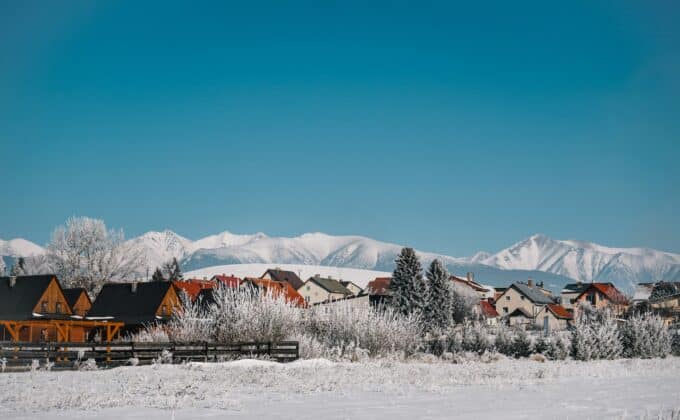
The Netherlands government has laid out ambitious plans to be climate neutral by 2050 and has engaged in multi-pronged efforts to meet this goal. It has successfully promoted the generation of renewable energy through the installation of utility-scale and household-level… View Summary +
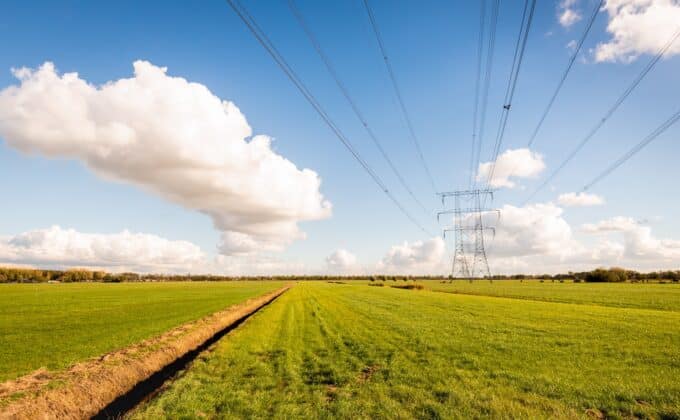
Deployment of heat pumps is a key part of greenhouse gas reduction goals set out in the Inflation Reduction Act. In this paper, a collaboration between RAP and CLASP, the authors analyze impacts of the IRA on heat pump… View Summary +
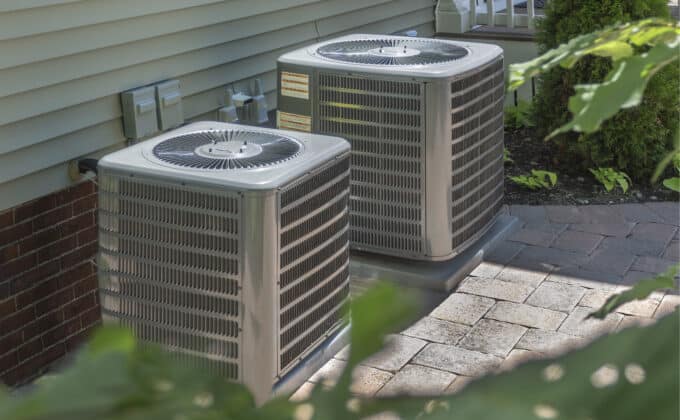
As in many other European countries, France’s buildings still rely heavily on fossil fuels for space heating and hot water production. This is troublesome considering these uses account for more than one-third of the country’s final energy consumption. The move… View Summary +

States are increasingly confronting the reality that burning fossil fuels for heat creates cost burdens for their residents, particularly for low-income households and struggling small businesses, while harming health and the environment. Importing those fuels imposes a drain on the… View Summary +

Decarbonisation of heating must accelerate if we are to meet European Union (EU) climate and renewable energy targets and achieve reliable and affordable supply of heat for all. Space and water heating in buildings accounts for around a third of… View Summary +
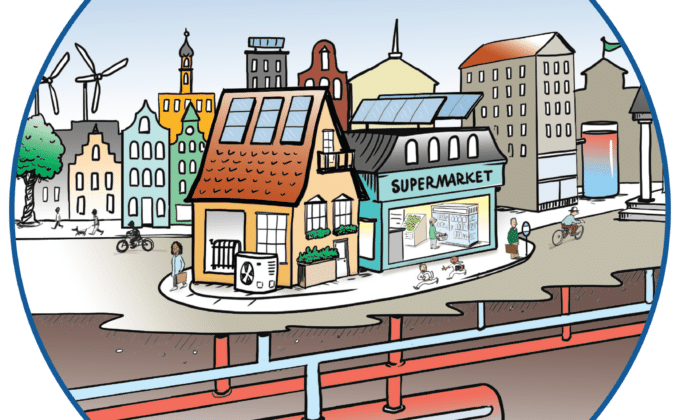
For countries with significant proportions of gas in their heating mixes that are looking to decarbonise and reduce exposure to gas imports, there is a major question around how to deal with existing gas distribution infrastructure in an equitable way… View Summary +
